Simulation to Washing Processes and Optimal Strategy for Using Laundry Detergents: A Concise Mathematical Approach
DOI: 10.23977/tracam.2024.040109 | Downloads: 20 | Views: 1300
Author(s)
Yutong Li 1
Affiliation(s)
1 School of Rail Transportation, Soochow University, Suzhou, 215131, China
Corresponding Author
Yutong LiABSTRACT
Generally speaking, none of us want to keep our clothes with dirt. One of things people do on a daily basis is to wash their clothes and dry them. Considering that the amount of fresh water is limited and the abuse of detergents may cause environmental pollution, this article simulates the general process of washing clothes using a washing machine by constructing a corresponding mathematical model. This article considers the different washing times and the changing trend of the proportion of stains in the clothes-water-detergent-dirt system under different initial amounts of stains, different detergent usage, and different washing times, based on the assumption that there are certain rules for the solubility of detergents. At the same time, it collects some information about the solubility of stains and detergents, and proposes a solution that minimizes the total cost through a 0-1 integer programming model. This research will probably benefit laundry while saving both water and energy.
KEYWORDS
Mathematical programming, nonlinear programming, binary integer programming, simulationCITE THIS PAPER
Yutong Li, Simulation to Washing Processes and Optimal Strategy for Using Laundry Detergents: A Concise Mathematical Approach. Transactions on Computational and Applied Mathematics (2024) Vol. 4: 62-70. DOI: http://dx.doi.org/10.23977/tracam.2024.040109.
REFERENCES
[1] Dantzig, G.B. (1963). Linear Programming and Extensions. Princeton, NJ: Princeton University Press.
[2] Frederick S. Hiller and Gerald J. Lieberman, (2015) Introduction to Operations Research, tenth edition. New York, McGraw-Hill Education.
[3] Chvátal, V. (1983). Linear Programming. New York: Freeman.
[4] Hamdy A. Taha (2017) Operations Research An Introduction, 10th edition. London. Pearson Education.
[5] Laurence A. Wolsey (2021).Integer Programming, Second Edition. Hoboken. Wiley.
| Downloads: | 657 |
|---|---|
| Visits: | 52798 |
Sponsors, Associates, and Links
-
International Journal of Power Engineering and Engineering Thermophysics
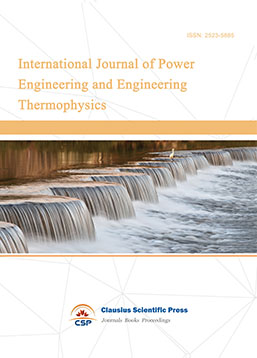
-
Numerical Algebra and Scientific Computing
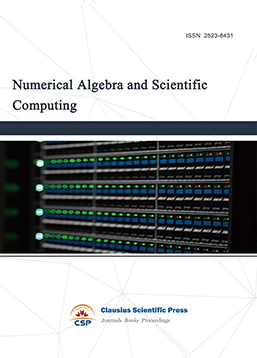
-
Journal of Physics Through Computation
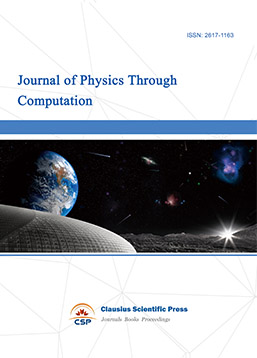
-
Transactions on Particle and Nuclear Physics
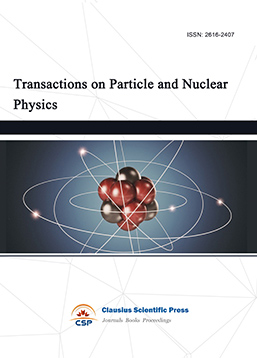
-
Journal of Probability and Mathematical Statistics
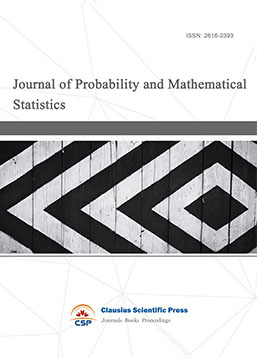
-
Multibody Systems, Nonlinear Dynamics and Control
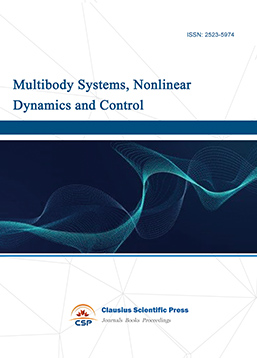
-
Complex Analysis and Geometry
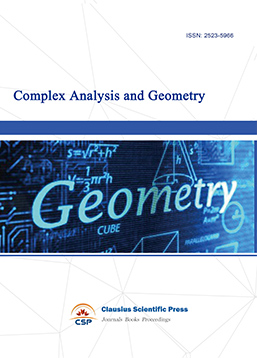
-
Dynamical Systems and Differential Equations
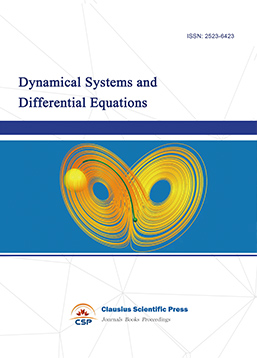
-
Acoustics, Optics and Radio Physics
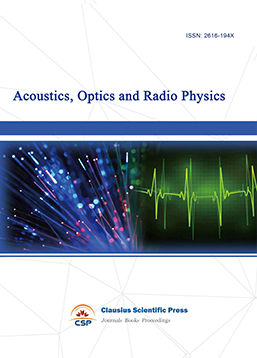
-
Progress in Atomic and Molecular Physics
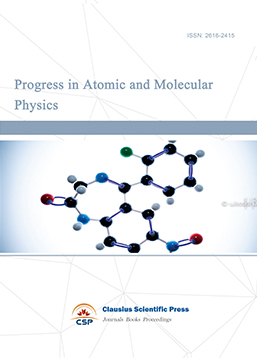
-
Transactions on Condensed Matter Physics
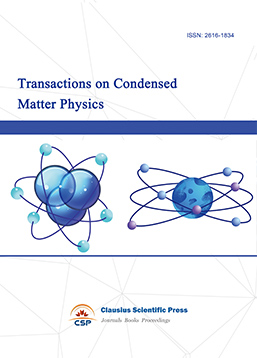
-
Progress in Plasma Physics
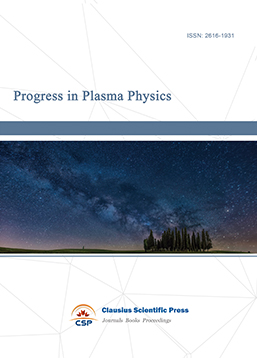
-
Combinatorics and Graph Theory
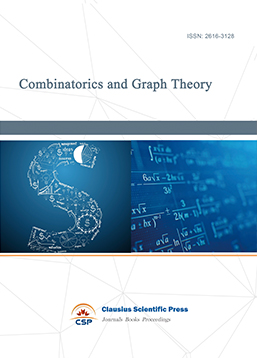
-
Research and Practice of Mathematics & Statistics
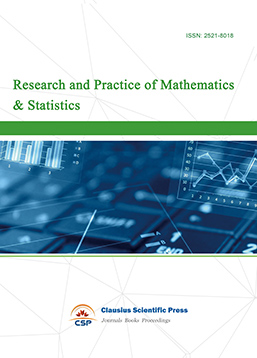
-
Nuclear Techniques and Applications
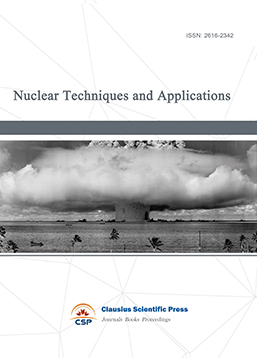
-
Journal of Photonics Research
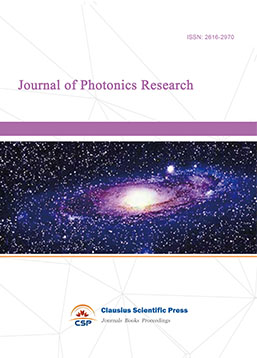
-
Journal of Compressors and Refrigeration
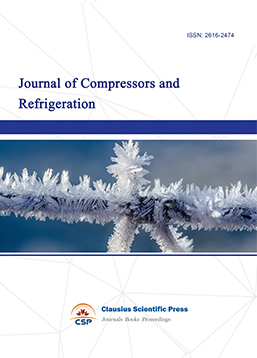
-
Journal of Theoretical Physics Frontiers
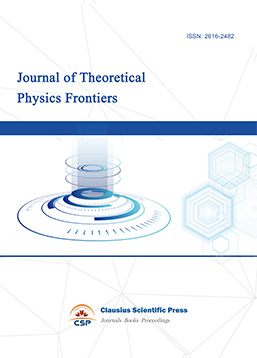
-
Journal of Nonlinear Science and Complexity
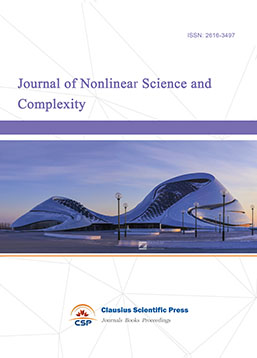
-
Vacuum Science Journal
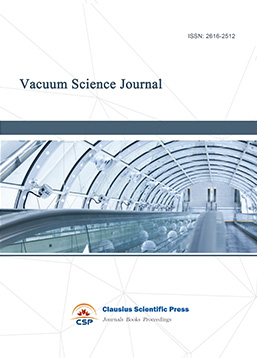
-
Computational Fluid Dynamics
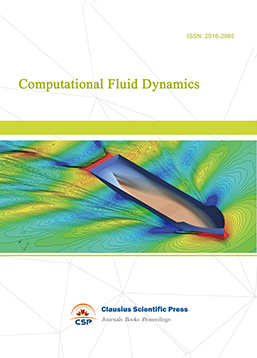

 Download as PDF
Download as PDF